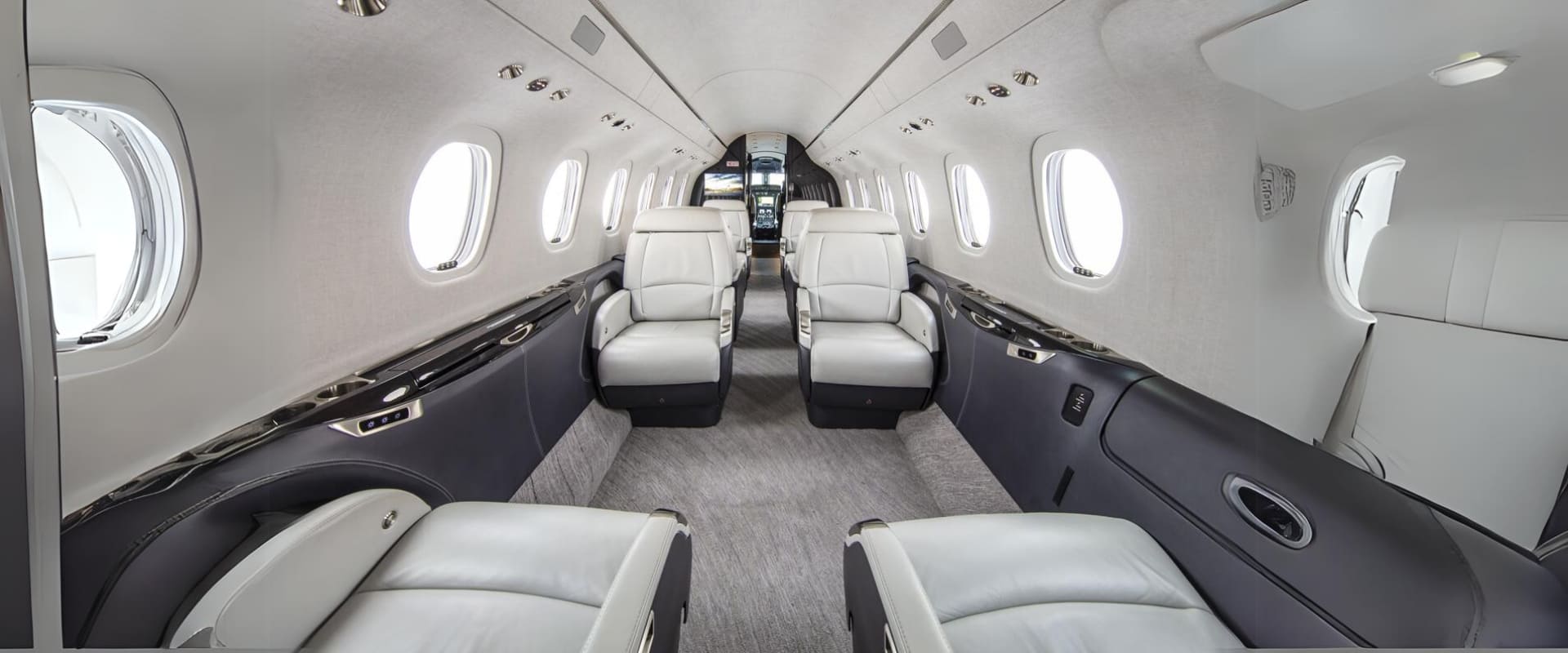Abstract
This content highlights the crucial role of the Environmental Control System (ECS) in modern aircraft, prioritizing passenger and crew well-being. Operating as an airborne life support system, the ECS regulates cabin temperature and pressure, ensuring comfort and countering physiological impacts of high altitudes. It also maintains high air quality through filtration, addressing potential health risks. Additionally, the ECS swiftly eliminates unpleasant odors or contaminants, contributing to a safer and more comfortable air travel experience.
Blog
Within the realm of modern aircraft, ensuring the comfort and well-being of passengers and crew members is a top priority. This is achieved through the sophisticated Environmental Control System (ECS), a crucial component that regulates the cabin environment by blending 50% outside air with 50% recirculated air. The primary objective of this meticulous air distribution is not only to optimize comfort but also to safeguard occupants from potential infectious diseases.
The ECS operates as the airborne equivalent of a life support system, wielding intricate controls over the cabin's temperature and pressure. By meticulously managing these variables, the system aims to create an environment that is conducive to both physical comfort and physiological well-being. The temperature control aspect ensures that the cabin remains within a specified comfort range, shielding passengers from the extremities of external temperatures and creating a pleasant travel experience.
Equally essential is the management of cabin pressure, a critical factor in mitigating the physiological impact of high altitudes during flight. The ECS maintains the cabin at a pressure level that is safe and comfortable for occupants, counteracting the reduced atmospheric pressure experienced at cruising altitudes. This not only prevents discomfort but also guards against potential health issues related to changes in pressure.
Air quality within the cabin is another facet under the vigilant supervision of the Environmental Control System. The incorporation of a sophisticated filtration system ensures that the air supplied to the cabin is of high quality, free from contaminants and pollutants. This is particularly vital for extended flights where passengers and crew members spend prolonged periods in a confined space. The filtration mechanism plays a pivotal role in enhancing the overall well-being of individuals on board by minimizing exposure to potential airborne hazards.
Furthermore, the ECS is equipped with the capability to address and mitigate unpleasant odors or contaminants within the cabin environment. The filtration and dissipation functions are designed to swiftly identify and eliminate any undesirable elements, ensuring that the air circulated remains fresh and free from any unpleasant or potentially harmful substances. This not only contributes to a more enjoyable travel experience but also aligns with stringent safety and health standards.
In essence, the Environmental Control System in modern aircraft is a marvel of engineering and technological integration. Beyond merely regulating temperature and pressure, it actively safeguards occupants by maintaining high air quality, effectively filtering and dissipating odors or contaminants. This comprehensive approach not only contributes to the overall comfort of passengers and crew members but also plays a pivotal role in the broader context of ensuring air travel safety and mitigating health risks associated with airborne transmissions.



